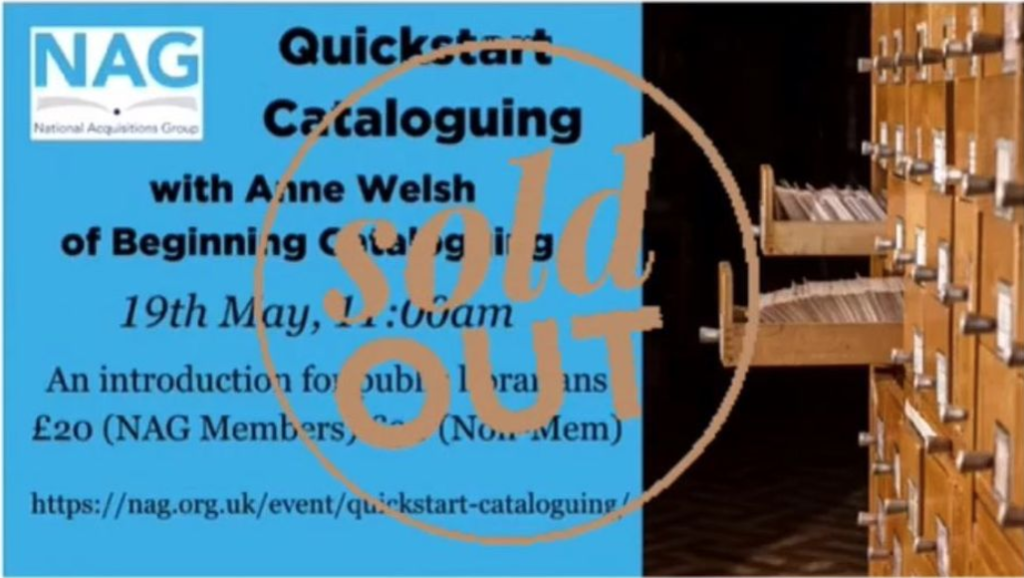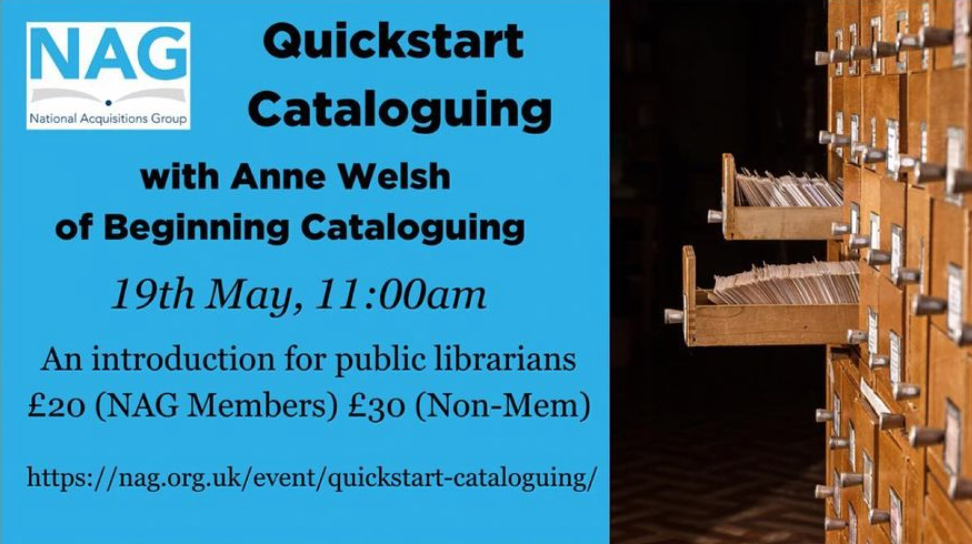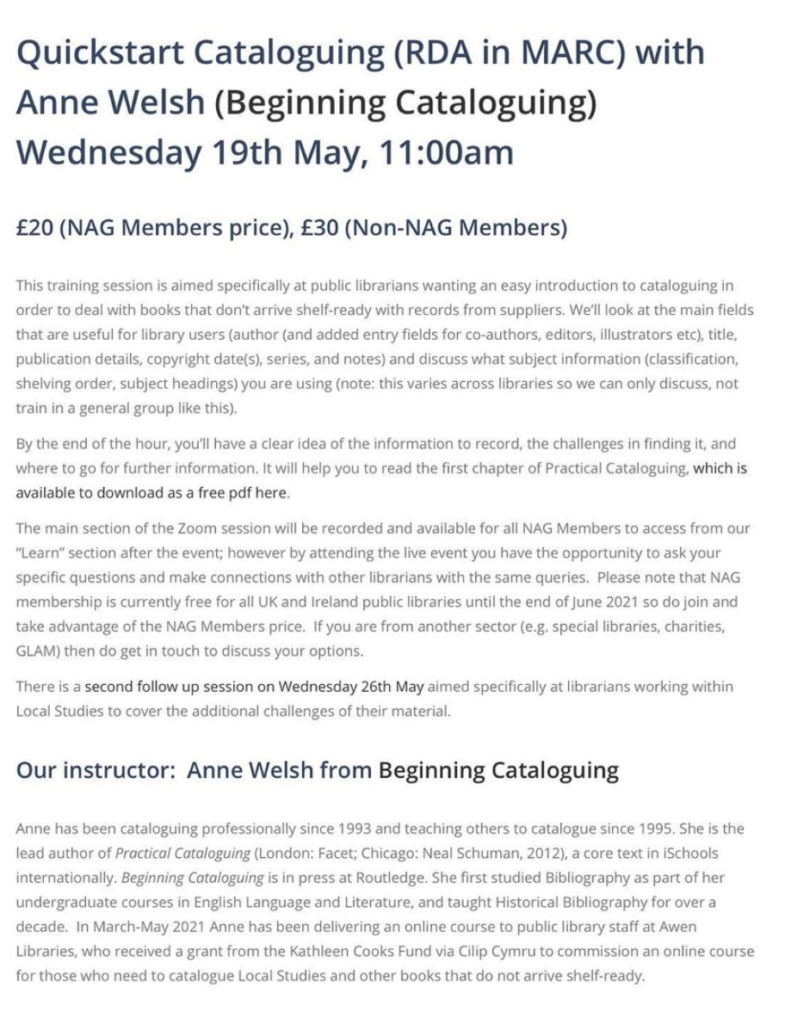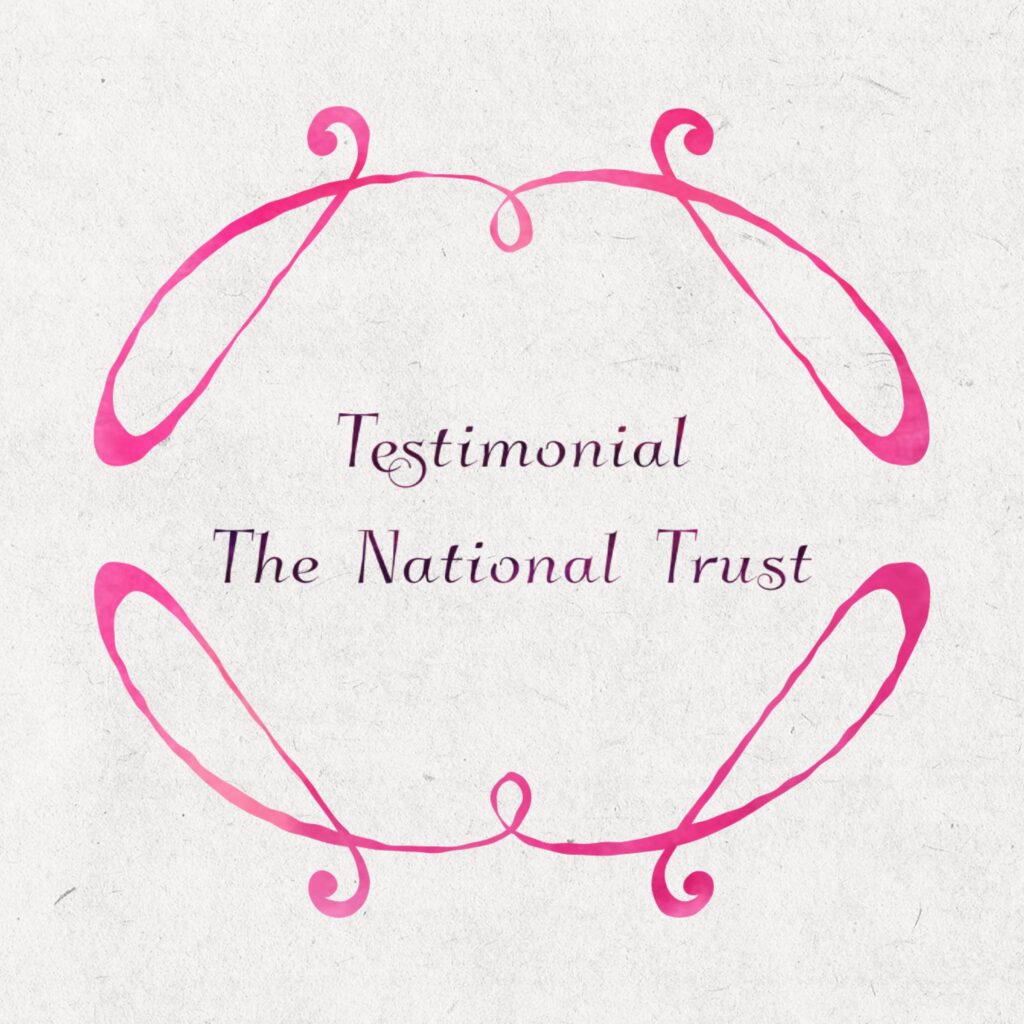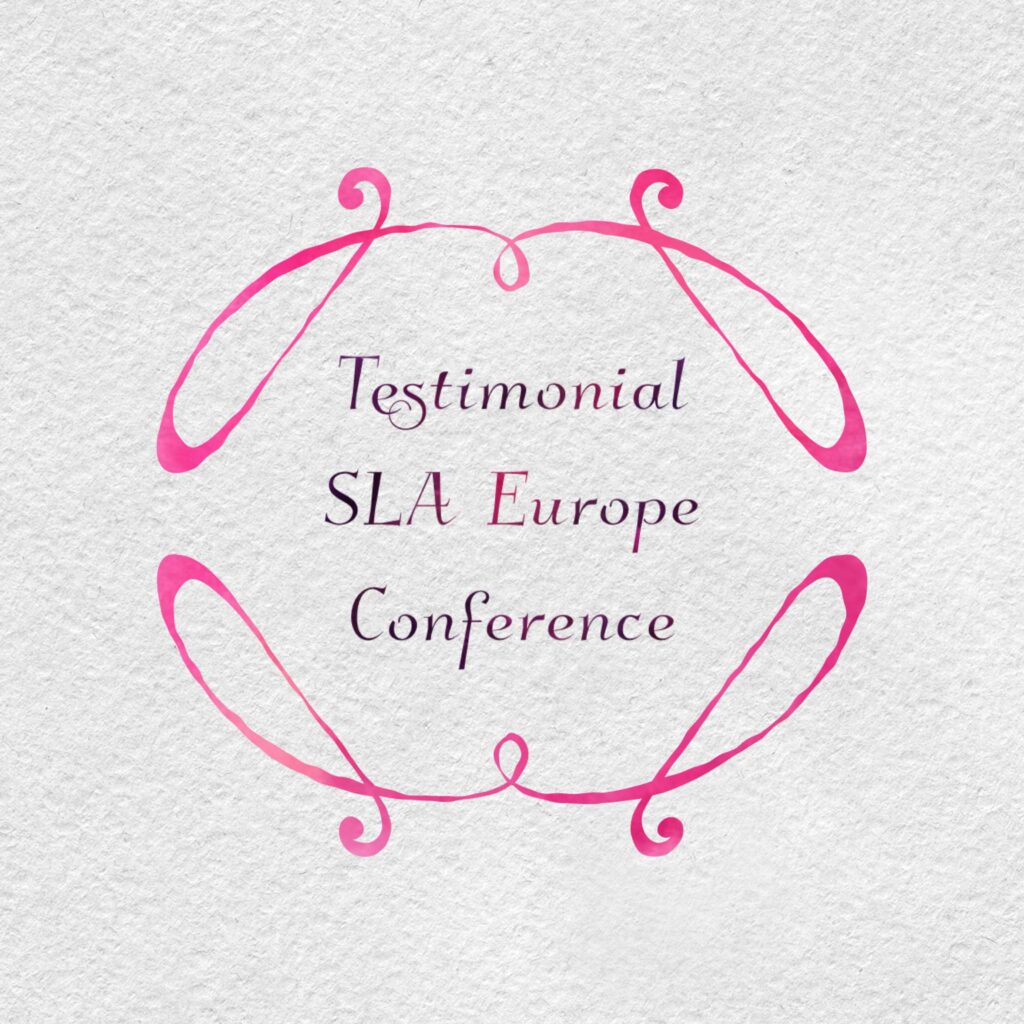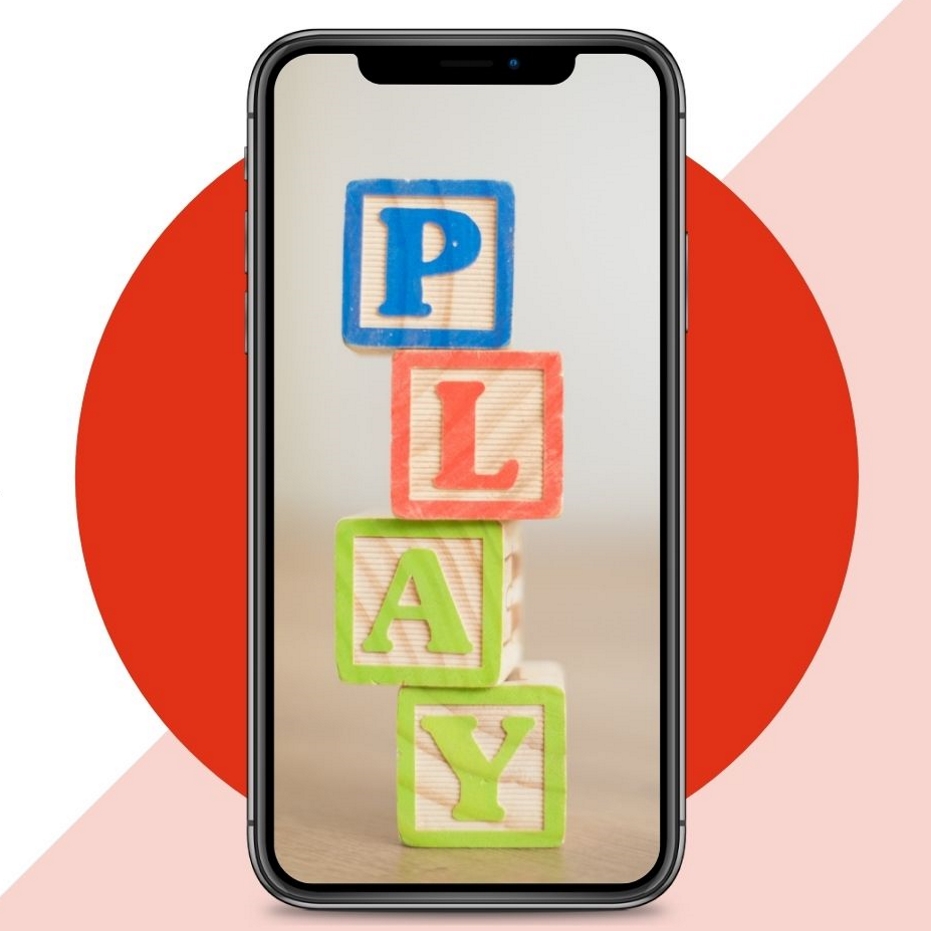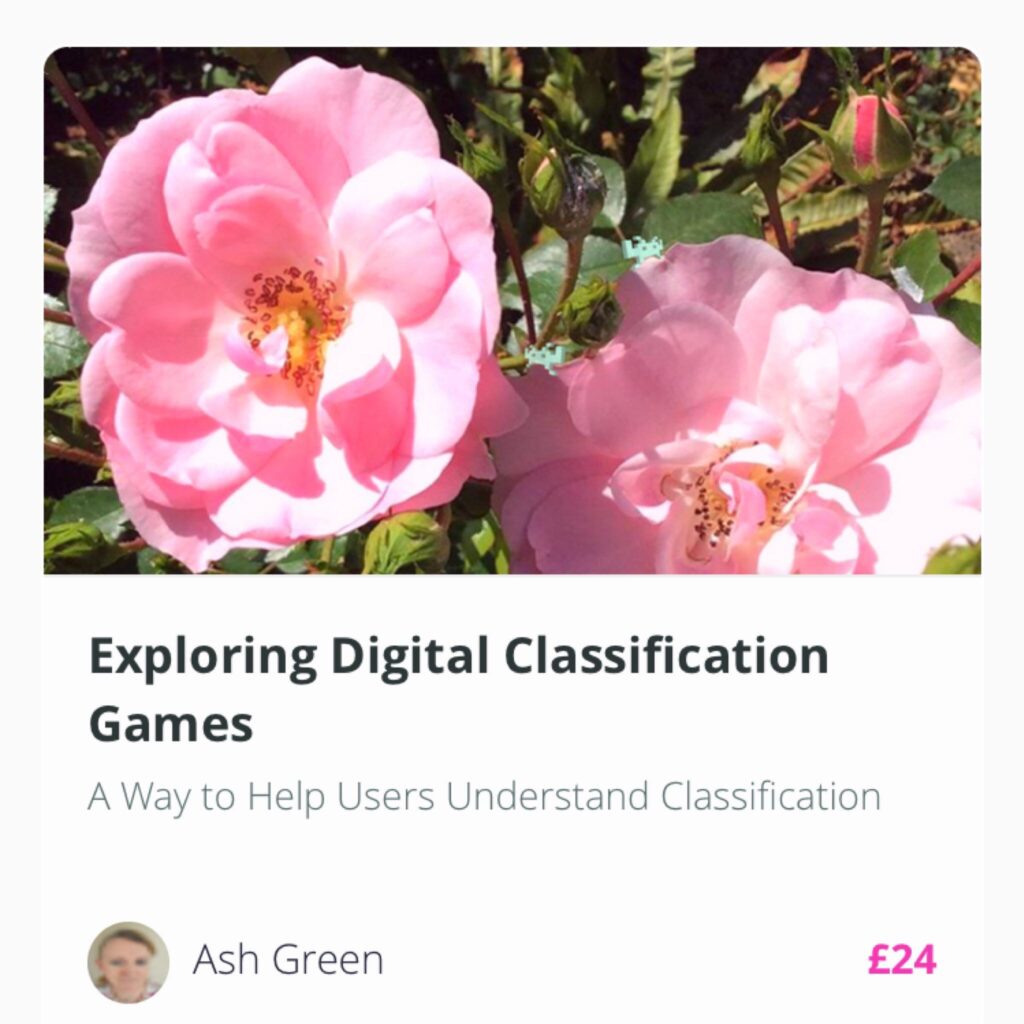At the end of 2020 I ran a workshop focused on creating digital classification games as part of Beginning Cataloguing’s online course offer. During the session I showed the participants how they could create a prototype classification game on their Android devices from a template game I had created. I had intended showing iphone users how they could do the same, but I discovered quite close to running the workshop that the app I was using on my Android device wasn’t fully compatible with the iphone version of the same app. However, I’m now looking at converting the app so that iphone users can run it too.
I used Pocket Code for the session. This is a block-based coding tool for Android devices and iphones, that allows you to create games and other mobile apps for free, without having to type in lines of programming text. I designed the prototype game loosely around the retro style video game, Pong. In this instance the player is presented with an image on the screen, and they have to tap on the corresponding Dewey Classification number bouncing around the screen to score a point. I find that interactive activities make learning easier for me. I also like things to be fun. So, that’s why I created the prototype game.
Through the session I showed the participants:
- How to use Pocket Code.
- How to run and play the prototype game I created in Pocket Code.
- How the game programme is structured.
- How different coloured code blocks allow you to do different things. eg move an image around a screen; test if the phone screen was tapped; add points to a players score, etc.
- How to adapt the programme to their own library classification scheme and needs.
I highlighted some of the behind-the-scenes coding. But I tried to avoid going into a lot of detail, as I wanted to focus on the key areas they could adapt to create a game that would support classification training within their own library services.
The idea isn’t to replace classification training with simple games, but to help users get to know classification identifiers or numbers in a scheme for a library they use, in a playful way.
At the end of the session I wanted the participants to be able to go away with a few key thoughts:
- That games are useful in this context.
- It’s possible to make a prototype game cheaply & quickly. It isn’t overly complicated to create a game like this in Pocket Code, or to develop ideas around using technology as a way to make something interactive that will enable others to develop their understanding of your classification system.
- You can use a tool like Pocket Code to develop simple games for other parts of your library service training too. eg stock management.
It was fun running the session online. I enjoyed both introducing the concept of a digital library game to the participants, and the discussions it generated during the session. Thanks to everyone who attended, and Anne for her support before and during the session.
Ash Green
